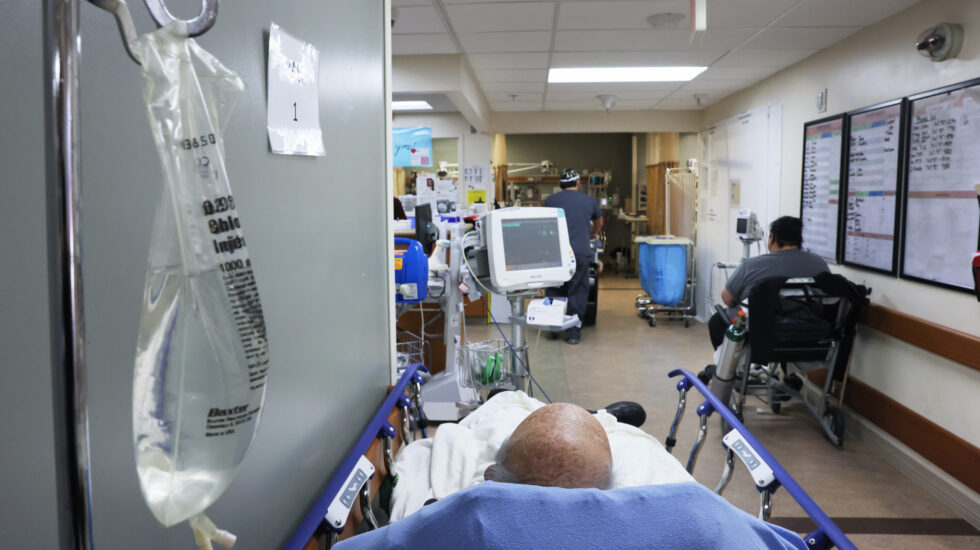After waiving co-pays and costly deductibles for coronavirus-related hospital stays and treatments as the pandemic took hold, most health insurance companies have now reinstated those charges. Some health plans resumed billing patients even before vaccines became widely available.
The companies have resumed charging plan holders for COVID costs despite the fact that industry profits have remained healthy and in some cases grown over the past year. The reason for the boost in profits is related to insurers paying out less to cover elective surgical procedures which hospitals have suspended during the pandemic because of manpower shortages and a lack of resources.
The price tag for hospital stays and treatments for COVID can easily reach high five figures, often costing more than $100,000. U.S. health insurance companies last year voluntarily chose to cover 100 percent of the costs for COVID-19 treatments. That meant waiving co-pays and expensive deductibles for hospital stays. But unlike the costs associated with vaccinations and testing, which the federal government required be waived, covering treatment was voluntary.
From the Washington Post:
Now the financial burden of covid is falling unevenly on patients across the country, varying widely by health-care plan and geography, according to a survey of the two largest health plans in every state by the nonprofit and nonpartisan Kaiser Family Foundation.
This resumption of full medical billing has put millions of people, who have contracted serious cases of COVID-19, in serious financial difficultly. Jamie Azar, a 57 year-old preschool director in Tennessee, spent the month of August in an ICU and on a ventilator after nearly dying from the coronavirus. She tested positive for the virus less than two weeks after getting the Johnson & Johnson single-dose vaccine in July. Her out-of-pocket medical bills could reach $10,000.
The health care industry lobbying group, America’s Health Insurance Plans, said insurance companies reinstated cost-sharing for covid treatment as vaccines became available and also because it is apparent that the coronavirus is now a health issue that is never truly going away.
“After a year and a half, it’s pretty clear that covid is here to stay, that this is a continuing health condition. When it comes to treatment, we’re looking at it like we would treat any other health condition.”
AHIP spokesman David Allen
The Washington Post writes that the insurance sector does not want to use the return of pricey deductibles as a sort-of incentive to encourage people to get vaccinated, but CNN’s Erin Burnett wonders if the threat of facing potentially-crippling medical bills could be what finally motivates some people to get inoculated.



